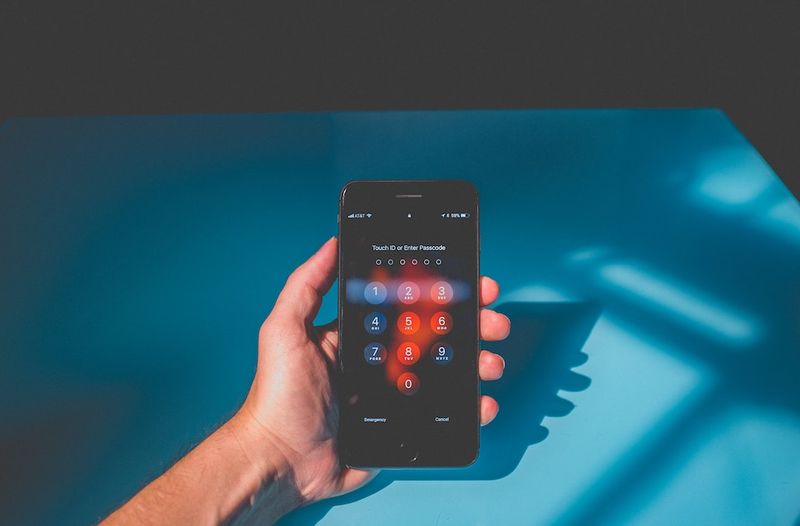The US State Department reports alleged Chinese hack of 60,000 emails
Introduction
The US State Department has confirmed that hackers have stolen approximately 60,000 emails in an attack that Microsoft has attributed to China. While none of the emails were classified, this incident raises serious concerns about the security of government communications and the growing threat of cyberattacks from nation-states. The State Department, along with other US government agencies, has been the target of numerous cyberattacks in recent years, highlighting the need for greater focus on cybersecurity and protection of sensitive information.
Attack Details
Microsoft first disclosed the breach in July, revealing that a Chinese hacking group had managed to breach its email platform and gain access to messages from around 25 organizations, including US government agencies. The State Department has confirmed that approximately 60,000 unclassified emails were exfiltrated as part of this breach, but emphasized that no classified systems were compromised.
While the State Department has not officially attributed the attack to China, it has no reason to doubt Microsoft’s findings that the hackers were from China. This incident comes at a time when tensions between the United States and China are escalating, with Secretary of State Antony Blinken recently stating that China aims to replace the United States as the world’s top power.
The Larger Picture: China’s Digital Authoritarianism
The State Department’s recent report highlights the broader issue of China’s digital authoritarianism and disinformation campaigns. It warns that if left unchecked, Beijing’s efforts in the information sphere could have long-lasting and significant impacts on the world. China’s growing influence and control over information systems pose a serious threat to democratic values and the cybersecurity of nations around the world.
Editorial: The Need for Strengthened Internet Security
This latest cyberattack on the US State Department serves as a wake-up call for the urgent need to strengthen internet security, both at the government level and for individuals. Nation-states like China are increasingly using cyber espionage and hacking as means to gain strategic advantage, manipulate public opinion, and obtain sensitive information.
Governments must invest in robust cybersecurity measures, including proactive threat detection, secure communication channels, and regular cybersecurity training for employees. Additionally, international cooperation and collaboration are crucial to address the global nature of cyber threats. The United States, along with its allies, should work collectively to hold state-sponsored hackers accountable and establish strong deterrents against future attacks.
Advice for Individuals and Organizations
While nation-state cyberattacks may seem beyond the control of individuals and small organizations, there are steps that can be taken to enhance cybersecurity:
1. Keep software up to date: Regularly update all software, including operating systems and applications, as these updates often include important security patches.
2. Use strong, unique passwords: Ensure that passwords are complex, not easily guessable, and unique to each online account. Consider using a password manager to securely store and generate passwords.
3. Enable two-factor authentication (2FA): Enable 2FA wherever possible, as it adds an extra layer of security by requiring a second verification step, such as a unique code sent to a mobile device.
4. Be cautious of phishing attempts: Be vigilant when receiving emails, messages, or calls that request personal information or contain suspicious links. Avoid clicking on unfamiliar links or downloading attachments from unknown sources.
5. Use antivirus and firewall protection: Install reputable antivirus software and enable firewalls on all devices to help detect and prevent malware infections.
6. Regularly back up important data: Regularly back up important files and data to an external hard drive or cloud storage. This will help mitigate the impact of potential data breaches or ransomware attacks.
7. Stay informed about current threats: Keep up to date with the latest cybersecurity news and advisories to stay informed about emerging threats and best practices for protection.
By following these basic cybersecurity practices, individuals and organizations can significantly reduce their vulnerability to cyberattacks and help create a more secure online environment.
Conclusion
The recent cyberattack on the US State Department, allegedly perpetrated by Chinese hackers, underscores the critical need for heightened internet security and international cooperation to address the growing threat posed by nation-state cyber warfare. Governments, organizations, and individuals must all play a role in protecting sensitive information and safeguarding the integrity of digital systems. Failure to do so will have serious consequences for national security, democratic processes, and the privacy of individuals.

<< photo by Kenny Eliason >>
The image is for illustrative purposes only and does not depict the actual situation.
You might want to read !
- Examining the Vulnerabilities: How Government Shutdown Jeopardizes Cybersecurity Supply Chain
- The Lingering Threat: Analyzing the Impact of the Cyberattack on Johnson Controls International
- Building Global Cybersecurity Networks: Insights from the UK Ambassador
- The Growing Threat: Unveiling a New Cisco IOS Zero-Day Attack
- The Rise of Unprecedented Cyber Threats: Cisco IOS Vulnerability Exposes Double Trouble
- Unveiling the Dual Impact of the New Cisco IOS Zero-Day Vulnerability
- The Critical Choice: How Your Cloud Provider Impacts Email Security
- Revealing Weaknesses: How Attackers Exploit Google Looker Studio for Email Security Evasion
- Unleashing Havoc: Unveiling the New Zimbra Email Attack Campaign
- Chinese Hacking Group Amplifies Cyber Threats: Targeting Government, Military, and Telecom with Barracuda Zero-Day
- Microsoft’s Response to Damaging Report on Chinese Hacking Raises Concerns
- Microsoft’s Response to Chinese Hacking: Enhanced Access to Detailed Logs




